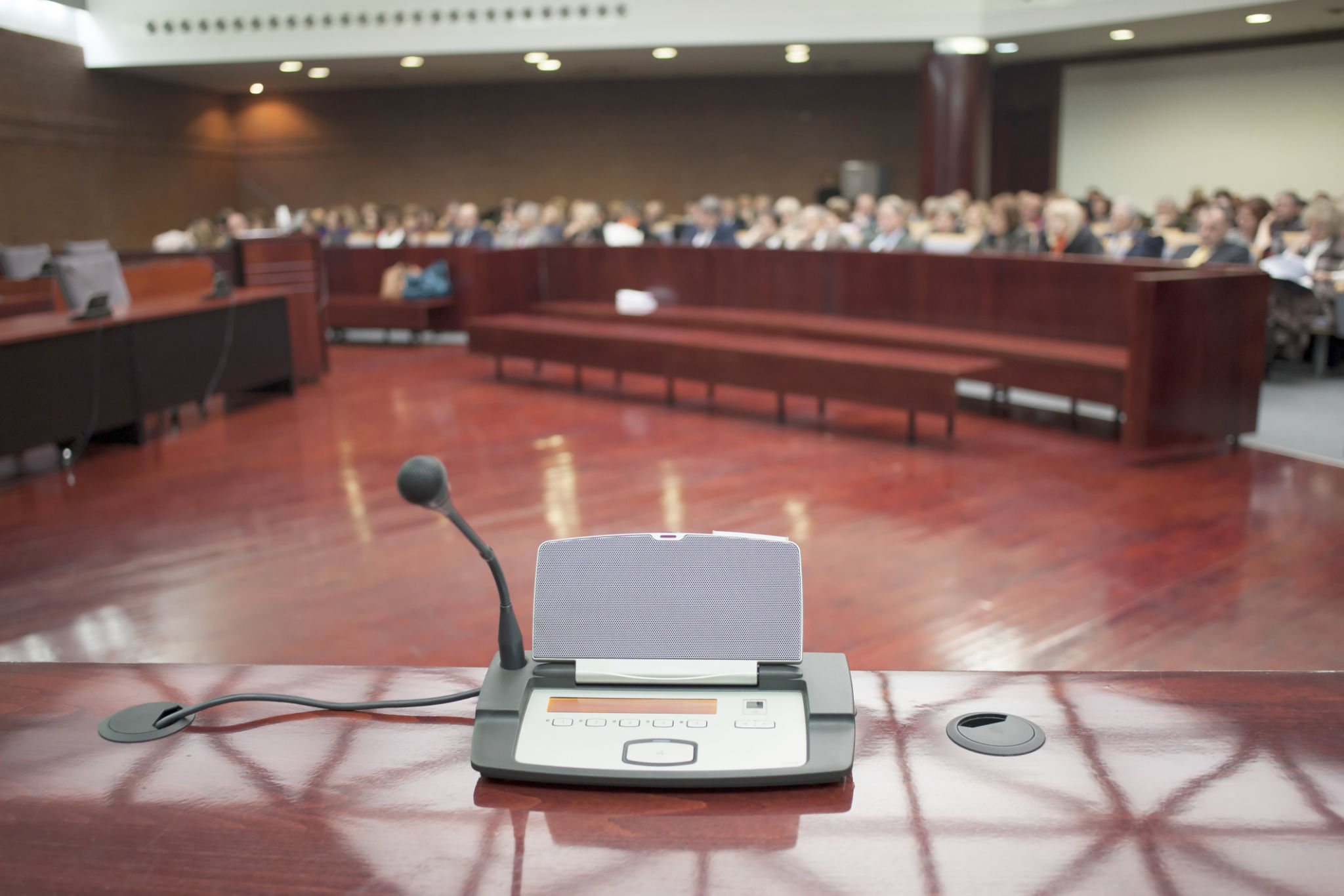Frequently Asked Questions About Court Translation Services
What Are Court Translation Services?
Court translation services involve the translation of legal documents, proceedings, and communications in court settings. These services ensure that non-English speakers can access justice by understanding and participating in legal processes. Translators and interpreters play a crucial role in bridging language barriers within the judicial system.
Such services are vital in maintaining fairness and transparency in legal proceedings. They help ensure that all parties involved fully understand the case details, evidence, and any legal arguments presented. Without accurate translation, there could be misunderstandings that might affect the outcome of a case.

Who Requires Court Translation Services?
Court translation services are essential for a variety of individuals and organizations, including:
- Non-English-speaking defendants, plaintiffs, or witnesses
- Lawyers and legal teams working on international cases
- Government agencies involved in immigration or international law
- Judicial officials needing multilingual documentation
Each of these entities relies on accurate translations to ensure that the legal process is fair and just for all participants. Effective communication is key in any legal setting, and court translation services provide this crucial support.
What Types of Documents Are Translated?
Court translation services cover a wide range of documents. Some commonly translated items include:
- Legal contracts and agreements
- Witness statements and affidavits
- Transcripts of court proceedings
- Evidence documentation
- Judicial rulings and opinions

Each document requires precise translation to maintain its original meaning and intent. Even minor errors in translation can have significant implications, underscoring the importance of using professional translators.
How Are Court Translation Services Conducted?
Professional court translators and interpreters undergo rigorous training to ensure they are equipped to handle complex legal terminology. They must have a deep understanding of both the source and target languages, as well as the legal systems involved.
Court translators often work closely with legal teams to ensure that the context of the translation is appropriate. This collaboration helps maintain the integrity and accuracy of translations, which is essential in legal settings where precision is paramount.

What Challenges Do Court Translators Face?
Court translators face several challenges, including:
- Translating specialized legal terminology accurately
- Maintaining neutrality and impartiality
- Adhering to tight deadlines in fast-paced environments
- Handling sensitive information with confidentiality
These challenges require translators to be highly skilled and adaptable, ensuring they can provide reliable services even under pressure.
Why Is Accuracy Crucial in Court Translation?
The accuracy of court translations is critical because any misinterpretation can lead to serious consequences, such as wrongful convictions or acquittals. Accurate translations ensure that justice is served appropriately, respecting the rights of all parties involved.
Inaccurate translations can also result in costly appeals or retrials, further emphasizing the need for precision from the outset. Therefore, investing in professional court translation services is essential for maintaining the integrity of legal proceedings.